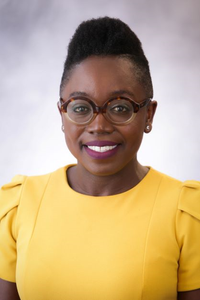2/16/23 Grand Rounds
Social Injustice and Mental Health Objectives
Speaker:

Raul Fernandez, Ed.D. |
|
Social justice entails equal access to liberties, rights, and opportunities, as well as care for the least advantaged members of society. Social (In)Justice and Mental Health addresses the ways in which society’s failure to deliver on that humane ideal harms people with mental illness. Dr. Vinson will argue that in the United States, a perfect storm of unfair and unjust policies and practices, bolstered by deep-seated beliefs about the inferiority of some groups, has led to a small number of people having tremendous advantages, freedoms, and opportunities, while a growing number are denied those liberties and rights. Mental health clinicians bear a special responsibility to be aware of these structural inequities, to question their own biases, to intervene on behalf of patients and their families, and to advocate for mental health equity. To that end, this session provides a framework for thinking about why these inequities exist and persist and provides clinicians with a road map to address these inequalities as they relate to racism, the criminal justice system, and other systems and diagnoses. Learning Objectives:
|




